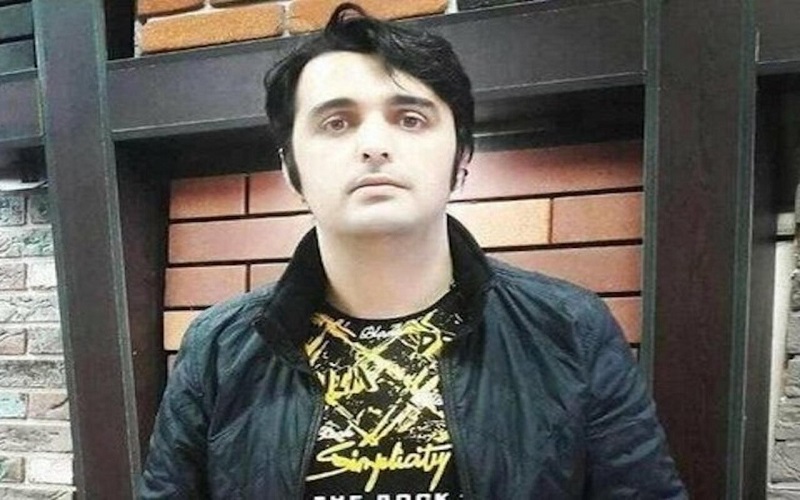
In Noshahr Prison, the reported death of Javad Rouhi, an imprisoned activist, has raised concerns and suspicions about the treatment of detainees within the Iranian regime. The regime’s judiciary announced the demise of Rouhi, who had been held in the prison, citing medical complications as the cause.
According to the regime-affiliated Mizan News Agency, the prison authorities stated that Javad Rouhi, a lawfully incarcerated inmate, was transferred to Shahid Beheshti Hospital in Noshahr on Thursday, August 31, at 3:45 AM due to experiencing convulsions. Despite medical efforts, he unfortunately did not survive. The authorities have sent his body to the forensic medicine department for a thorough autopsy and toxicological examinations. It is worth noting that Rouhi had previously been sentenced to execution by the Sari Court, and his case was still under review at the time of his death.
The alleged killing of prisoners involved in the uprising through means such as torture, poisoning, or other forms of annihilation has become all too common within the regime. Tragically, a significant number of prisoners have met their untimely demise in prisons or even after their release.
Javad Rouhi, a 35-year-old resident of Amol, was arrested in November 2022 and reportedly subjected to brutal torture during his time in the IRGC Prison. The severity of the torture was such that he lost his ability to speak. He had been sentenced to execution three times on unfounded charges of “spreading corruption on earth” and “waging war against God.” However, due to both domestic and international protests, the regime was unable to carry out the sentence. On January 10, 2023, the regime’s judiciary stated that Javad Rouhi had allegedly led a group of agitators and individuals in inciting and encouraging citizens to engage in turmoil.
The killing of prisoners of the uprising under torture, poisoning, or other means is routine occurrence in the regime’s prisons. Many prisoners died in this manner both within prisons and after their release.
Mrs. Maryam Rajavi, President-elect of the National Council of Resistance of Iran (NCRI), emphasized that the regime, in its fear of uprisings and downfall, has extended its suppression and repression to all prisons, universities, and the families of prisoners and martyrs. She called on the United Nations High Commissioner for Human Rights and all international authorities to condemn the crimes of the regime against prisoners and to investigate the circumstances of Javad Rouhi’s death. Mrs. Rajavi urged all Iranian youth to protest against the crimes of this regime, especially against the prisoners of the uprising and political prisoners.
Following Rouhi’s death, the regime buried his body secretly in a village in the vicinity of Amol under severe security measures.
Amnesty also reiterated that Rouhi was subjected to a flawed judicial process, including denial of access to an independent lawyer of his own choosing.
“All those reasonably suspected of responsibility for crimes under international law against Javad Rouhi must be criminally investigated and held to account in fair proceedings,” Amnesty wrote.
Today’s death in custody of 31-year-old arbitrarily detained protester Javad Rouhi again exposes the Iranian authorities’ abhorrent assault on the right to life amid an ongoing human rights crisis and must be effectively and independently investigated. 1/15 pic.twitter.com/al0jnFGyIS
— Amnesty Iran (@AmnestyIran) August 31, 2023
This post was originally published on this site be sure to check out more of their content.






